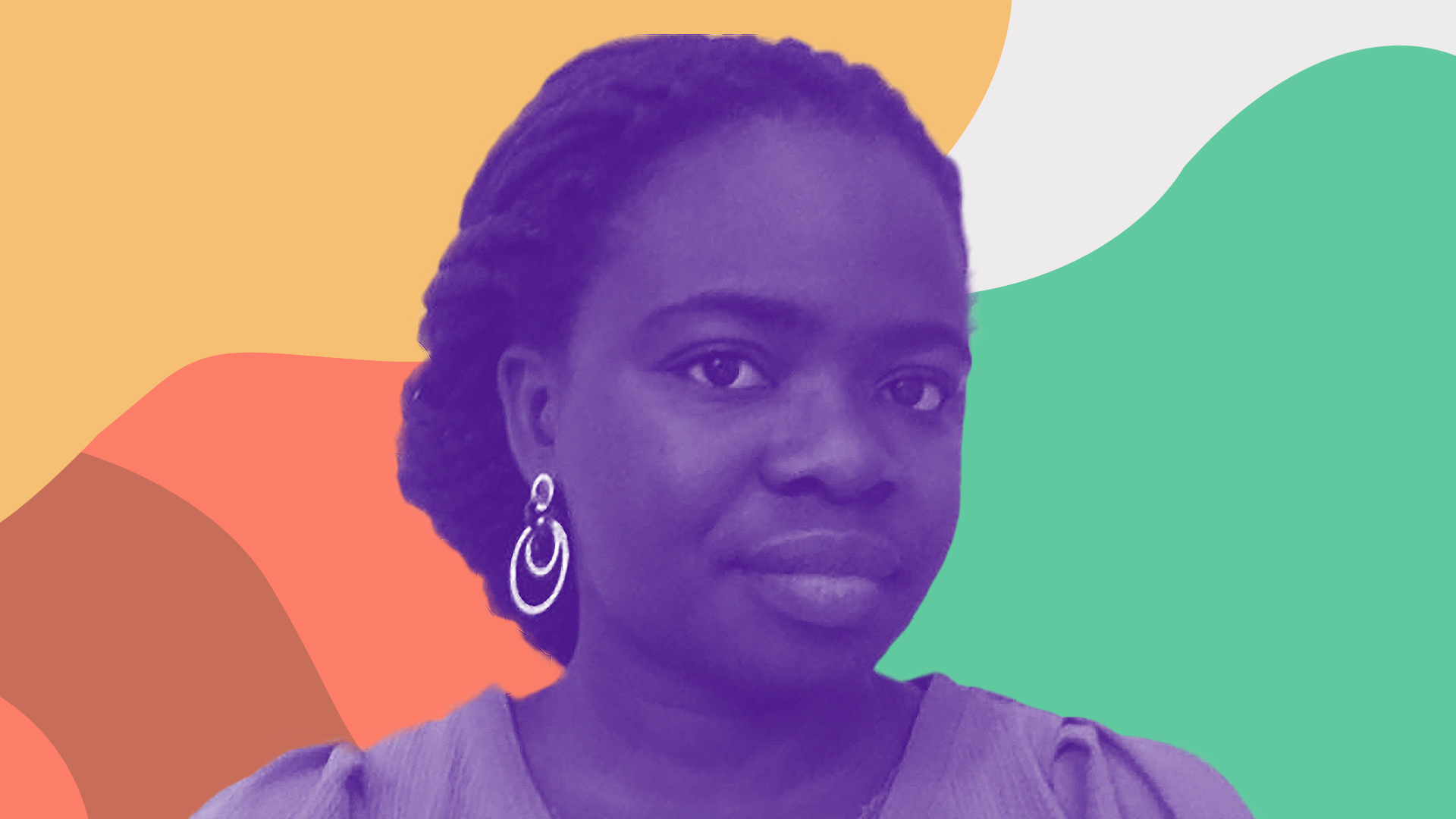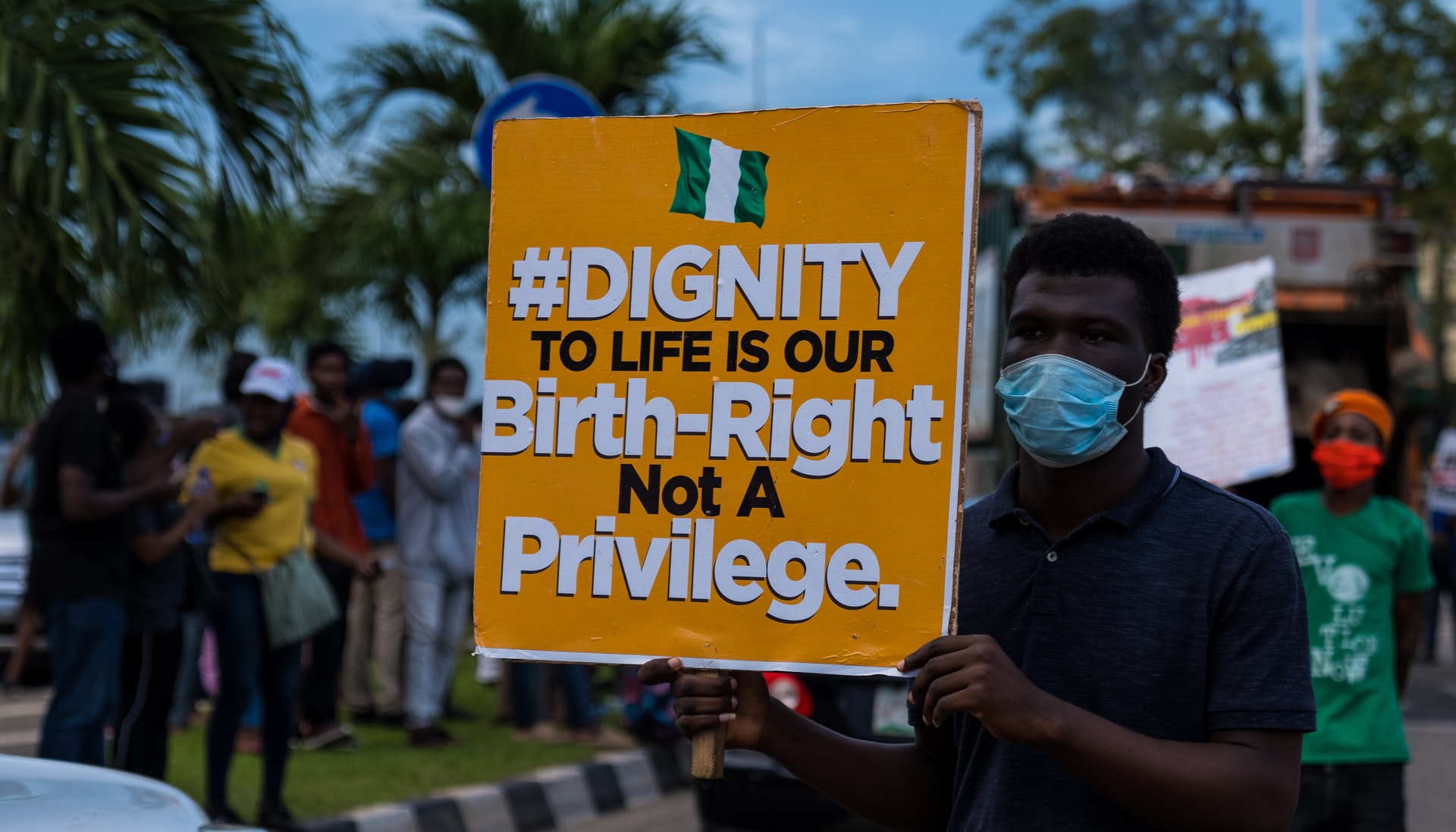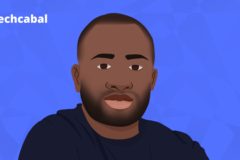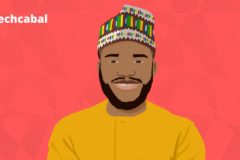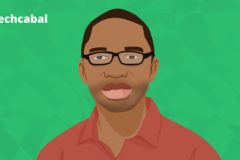My Life In Tech is putting human faces to some of the innovative startups, investments and policy formations driving the technology sector across Africa.
Afia Bobia Amanfo has her academic roots in social sciences. But when the need arose, she taught herself to build websites and is now growing a web-based platform that prepares African undergraduates for the career needs of the present and the future. This is her journey so far.
While teaching high school students in a rural community in Ghana, Afia Bobia Amanfo came into a deeper realisation of the failings of her country’s educational system. It needed a curriculum overhaul, and of course, more funding. But of greater concern to her was the fact that students were being prepared to take up non-existent white collar jobs after school. As one not inclined to waiting on the government to solve all of the country’s socioeconomic and systemic shortcomings, Amanfo believed strongly that the students could use some role models: people who looked like them, possibly intimate with their struggles and who could pass on practical knowledge and guidance on career development and success.
“By providing a little mentorship to these students, I could see how a lot of them could develop bigger dreams and actually make something amazing out of their lives,” she says.
“That really inspired me to start Studentshub Ghana (Studentshubgh).”
Amanfo’s education lies in the social sciences but startups and entrepreneurship, she was enthusiastic about. There was also her passion for education and she had envisioned finding more ways to contribute to the sector more sustainably. Technology was never in the cards regarding this path.
Amanfo says the technology part was accidental. Shortly after launch, she had to move to France and was seeking ways to keep the organisation running remotely. At this time, activities were physically taking place in Ghana.
“I learnt how to develop a website on my own,” she says, and quickly learnt how to match mentors to mentees as well as organise her team from France.
The team comprises her partner, Belinda Akoto, whom she met through a group of entrepreneurs and describes as very dedicated partner and totally sold on the vision; Rita Ofori Amponsah and Prince Asamoah who were employed after going through one of the hub’s programs, as well as over 30 volunteer staff.
***
Studentshubgh is a digital platform connecting young students with mentors, opportunities, and the training they need to build successful careers across various fields. The platform is targeted at university students who demonstrate the willingness to learn and have access to the internet which she agrees disenfranchises a large percentage of this demography.
It caters to the needs of these students through two main broad components: trainings/mentorships, and educational resources including blog posts, articles etcetera.
The organisation has four training programs: the flagship African Future Leaders Fellowship (AFLF) which, in its third year, receives applications from students in more than 24 African countries; Study Abroad program for students who want to continue schooling internationally and the Career Development program which trains students from non-tech backgrounds on digital skills that will be useful to them while building their careers.
“Students in social sciences or the arts are often lost in the tech department,” Amanfo says.
“They do not know the tech skills that are really important to them.”
The AFLF program is run annually, and this year, from over 2,000 applications, only 50 students were selected to participate. The cohort size is small, Amanfo explains, to allow for close interaction between facilitators/mentors and students. During the 8-week cohort, students undergo a 6-module course program where they learn various concepts including purpose and vision building, career development, entrepreneurship, and financial literacy. These, the program believes, will give students a holistic indoctrination of what it takes to build a career or a business after school.
“The idea of the program is to be very practical and help them develop toolkits that they can use afterwards, “ she says.
“They develop a career toolkit, a 5-6 year financial plan, they work in groups to ideate on some challenges their countries face and undergo digital skills training.”
The modules are run by facilitators who have frequent discussions and interactive sessions with the students. During the career development module, they work one-on-one with mentors to develop their toolkits among other things.
AFLF is free to attend while the other programmes are paid for. Amanfo and her partner started with a lot of self funding and small grants are also coming in handy. However, after participating in an incubator programme earlier in the year at Billions for Bridges where she now works as a business development manager, Amanfo and her team are restructuring the hub to drive more revenue growth to become more sustainable.
***
The coronavirus pandemic has brought on some urgency around the work Studentshubgh does. Like many African countries, Ghana was unprepared to switch academic programmes online and adoption was somewhat slow in the early months of the lockdown and school closures. Asides students who are taking final year examinations, schools remain closed in Ghana.
This did accelerate the opportunity to reach more students and Amanfo says the period has also presented the chance to rethink, redesign and prepare the organisation for the post-pandemic era.
With roles that bring together her passions in entrepreneurship and education, technology has just become this very important vehicle through which they are being implemented.
“I feel really lucky that I get to do the kind of work which combines all my passions,” she says.
“I feel really lucky to do what I do and there’s so much more that we are preparing ourselves to do.”
Amanfo admits that she was slow to get into entrepreneurship because, as a shy person, the visibility and effervescent personality she felt that she needed to train and speak to people regularly was daunting.
“I like to stay in the background. That slowed me down a bit.
“If there’s anything I could redo about the journey so far, it would be to have started earlier and to start with more speed.”
Nonetheless, seeing students who have gone through the AFLF program doing amazing things and imbibing the solution-minded approach the organisation preaches is a win. One alumni from Liberia has launched a community organisation educating rural communities around the pandemic as well as working to impact student accommodation in the country.
One major challenge that has come with running the organisation in the last three years has been scaling.
“We want to establish the hub as a strong organisation capable of scaling and growing the work that we do,” Amanfo says.
“Finding the right model for this growth is something that we’ve been working on a lot and I think we are getting there.”
“Also developing our platform was a long journey for us. I’m the main tech person at the hub and it is challenging at times but I’ve learnt to consult with other tech people to better understand some of what we want to create.
The lack of accessible and cheap internet across Africa, which is particularly limiting because the hub’s direct market are university students with little disposable incomes, is also challenging.
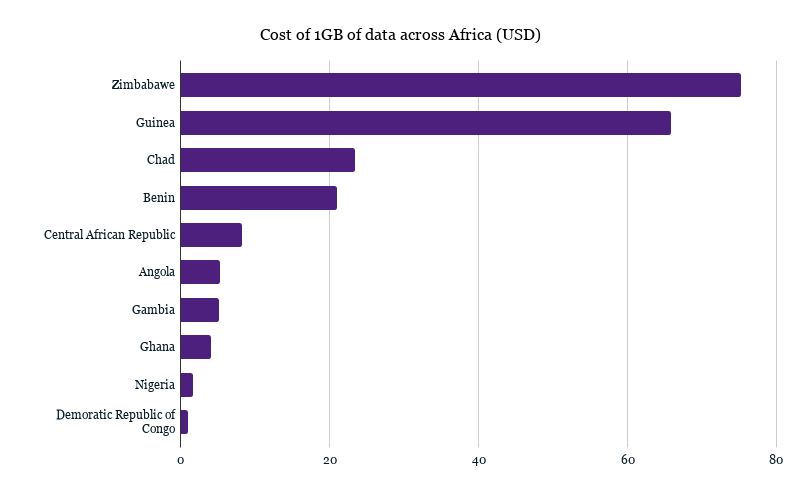
Now, the hub is considering offline alternatives and other such resources that do not require 100% access to the internet all the time.
At the core of Amanfo’s work is the urgent question about what to do with the huge human capital present in the continent by way of its increasing youth population.
“Africa has a huge population which is a big advantage but also a big problem if we don’t train students to become innovators or self-starters,” she stresses.
“I know not everyone can be an entrepreneur but I’m always pushing the students that we work with, that they need to be solution-minded” because there is no shortage of issues that need solving on the continent and the most successful businesses have been born out of solving problems on a viable scale.







